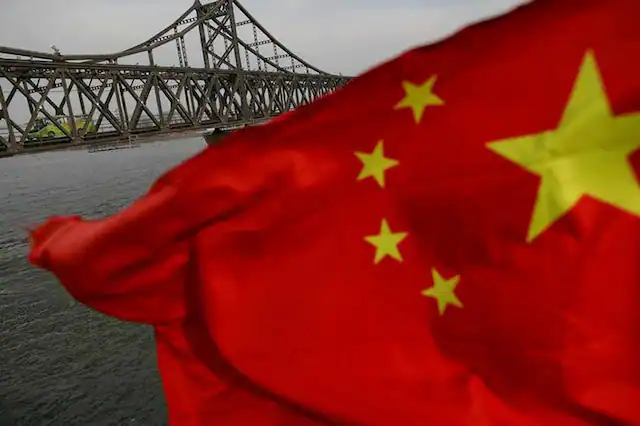Author: Tan Chee-Beng
Affiliation: the Chinese University of Hong Kong
Organization/Publisher: ISEAS – Yusof Ishak Institute
Date/Place: March 7, 2022/ Singapore
Type of Literature: Article
Number of Pages: 9
Keywords: China, Soft Power, and Chinese Overseas
Brief:
This paper reviews the importance of Chinese overseas in strengthening China soft power policy, especially in its neighboring region. The author claims that China’s soft power policy is crucial for mobilizing international cooperation with China, gaining support for national unification and to counter western anti-China rhetoric. The Chinese soft power policies could be examined at two important institutions, which are Confucius Institutes and Chinese mass media. Confucius Institutes have played an important role in China’s soft power, with its objectives of promoting the study of the Chinese language and civilization overseas while at the same time building up good relations between China and hosting countries. While the institutes are mostly welcomed in Southeast Asia, the Confucius Institutes are suspected of carrying out the global propaganda of the Chinese Communist Party. Another China soft power policy is its global media coverage. For instance, the English-language CGTN channel and the Chinese-language Zhongguo Guoji broadcast news and programmes for a global audience. The author acknowledges that this mass media has a significant role in unifying the Chinese overseas, especially those who speak Mandarin even though they politically identify with their respective countries. However, the author suggests that this media could be more effective if it appears less propagandistic, especially to counter the western anti-China rhetoric. Overall, China has been focused on promoting the cultural dimension with Chinese language and civilization studies, but given China’s improvement on economy, science and technology, the author believes that organizing seminar or training camps on these topics will enhance a better soft power for China in the long run. Finally, the author suggests that it would be more effective if China keeps a soft rather than blatant approach in achieving soft power objectives.
By: Salman Nugraha, CIGA Research Intern




